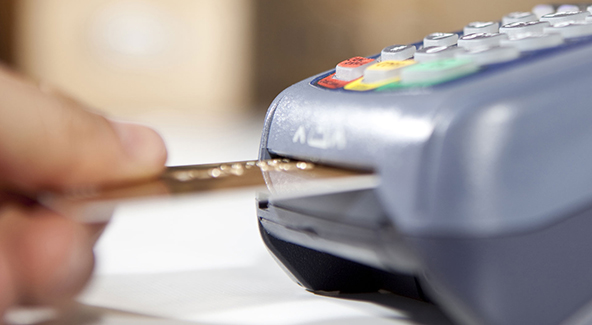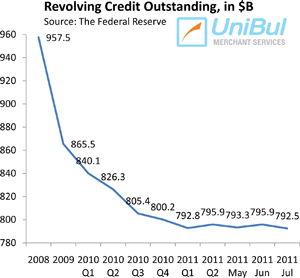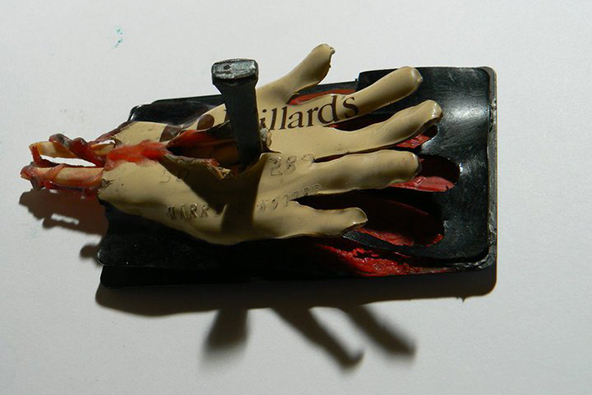Understanding ‘Possible MATCH Results’

Yesterday’s post reviewed how the Member Alert to Control High-Risk Merchants (MATCH) works and how it affects merchants and processors. This article will elaborate on the possible results from searches in the MATCH database. Firstly, though, it should be pointed out that all positive responses to a MATCH search are considered “possible matches” because the search system cannot guarantee an exact match with absolute certainty. This is the reason why you will see an oxymoronic-sounding “exact possible match” item in the list below.
A MATCH search can return one of the following types of possible matches:
- Retroactive possible matches. If the information in the original inquiry finds new possible matches of a merchant or inquiry record in the MATCH database added since the original inquiry was submitted and this information has not been previously been reported to the processing bank at least once within the past 120 days, the system returns a retroactive possible match response.
- Exact possible matches. An exact possible match exists when data in an inquiry matches data in any of the following data fields on the MATCH system letter-for-letter, number-for-number, or both.
Field + Field + Field = Match Business Phone Number = √ Business National Tax ID + Country = √ Business State Tax ID + State = √ Business Street Address + City + State = √ Business Street Address + City + Country = √ Principal Owner’s (PO) First Initial + Last Name = √ PO First Name + Last Name = √ PO Phone = √ PO Social Security Number (if the country is USA) = √ PO National ID (if the country is not USA) = √ PO Street Address (lines 1 and 2) + PO City + PO State = √ PO Street Address (lines 1 and 2) + PO City + PO Country = √ PO Driver’s License (DL) Number + DL State = √ PO Driver’s License Number + DL Country = √
MATCH uses Street, City, and State if the merchant’s country is USA. Otherwise, Street, City, and Country are used. - Phonetic possible matches. The MATCH system converts certain alphabetic data, such as Business Name and Principal Owner Last Name into a phonetic code, which generates matches on words that sound alike, such as “Easy” and “EZ.” The phonetic feature of the system also matches names that are not necessarily a phonetic match but might differ because of a typographical error, such as “Rogers” and “Rokers,” or a spelling variation, such as “Lee,” “Li,” and “Leigh.” MATCH evaluates the following data to determine a phonetic possible match:
Field + Field + Field = Match Business Name = √ Doing Business As (DBA) Name = √ Business Street Address + City + State = √√ Business Street Address + City + Country = √√ Principal Owner’s (PO) First Initial + Last Name = √ PO Street Address (lines 1 and 2) + PO City + PO State = √√ PO Street Address (lines 1 and 2) + PO City + PO Country = √√
MATCH uses Street, City, and State if the merchant’s country is USA. Otherwise, Street, City, and Country are used.
Image credit: Planobe.com.


